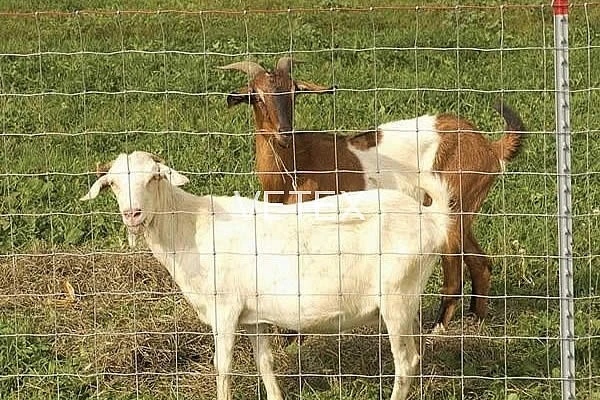 TEL:
+86-13102802206
TEL:
+86-13102802206
 Email:
fencenetting@china.com
Email:
fencenetting@china.com
 Language
Language
 TEL:
+86-13102802206
TEL:
+86-13102802206
 Email:
fencenetting@china.com
Email:
fencenetting@china.com
 Language
Language


The Benefits of Using Iron Mesh for Plants
When it comes to gardening and plant cultivation, the materials used can make a significant difference in the health and growth potential of plants. One often overlooked, yet highly effective material is iron mesh. This versatile and durable medium offers a multitude of benefits for both home gardeners and professional horticulturists alike.
1. Structural Support for Plants
One of the primary advantages of using iron mesh in gardening is its ability to provide structural support. Plants, especially climbing varieties such as peas, beans, and tomatoes, often require additional help to grow upright. Iron mesh can be fashioned into trellises, cages, or supports, offering these plants a reliable framework on which to climb. This not only helps to keep the plants healthy by preventing breakage but also improves air circulation, reducing the risk of disease.
2. Enhancing Soil Drainage
Good drainage is crucial for the health of plants, as stagnant water can lead to root rot and other significant problems. Iron mesh can be used effectively to create drainage layers in planting beds or pots. By mixing iron mesh with soil or placing it at the bottom of containers, gardeners can ensure excess water drains away while still maintaining soil integrity. This is particularly beneficial in areas with heavy rainfall or for plants that prefer drier conditions.
3. Pest Control Solution
Pests can wreak havoc on gardens, but incorporating iron mesh can provide a natural barrier against some of the most common threats. The sturdy structure of iron mesh can deter larger pests like rabbits and deer, while also keeping smaller insects at bay when used in conjunction with protective screens. By using iron mesh to create enclosures or covers for sensitive plants, gardeners can significantly reduce the chance of infestations, promoting healthier growth without the need for harsh chemicals.

4. Aeration for Healthy Growth
Oxygen is vital for root development, and iron mesh can facilitate better aeration in various planting arrangements. When buried in the soil, iron mesh can maintain structure and allow air to circulate more freely around plant roots. This increased aeration leads to healthier root systems, better nutrient uptake, and ultimately more robust plants. This quality is especially beneficial for container gardening where soil compaction can become an issue over time.
5. Longevity and Durability
Unlike traditional wooden or plastic plant supports, iron mesh offers unmatched durability and longevity. It is resistant to the elements and does not degrade over time, meaning it can withstand harsh weather conditions and last for many planting seasons. This resilience makes it a cost-effective solution for those who wish to invest in long-lasting gardening supplies. Additionally, the aesthetic appeal of rusted or painted iron can add a rustic charm to garden designs, blending functionality with visual appeal.
6. Versatility in Design
Iron mesh is highly versatile and can be adapted to suit various gardening needs. Whether it's for creating unique garden art, building custom planter enclosures, or designing complex trellis systems, the adaptability of iron mesh makes it suitable for gardeners with creative ideas. Its structural integrity allows for innovative designs that can enhance the overall look of a garden while providing essential support and protection for plants.
Conclusion
Using iron mesh in gardening is more than just a functional choice; it's also a strategic one. From providing much-needed support to enhancing aeration, drainage, and pest control, the benefits are extensive. For those looking to improve their gardening practices, incorporating iron mesh could very well lead to healthier plants and a more successful growing experience. As we continue to explore sustainable and efficient gardening methods, iron mesh stands out as a practical option for plant lovers everywhere.